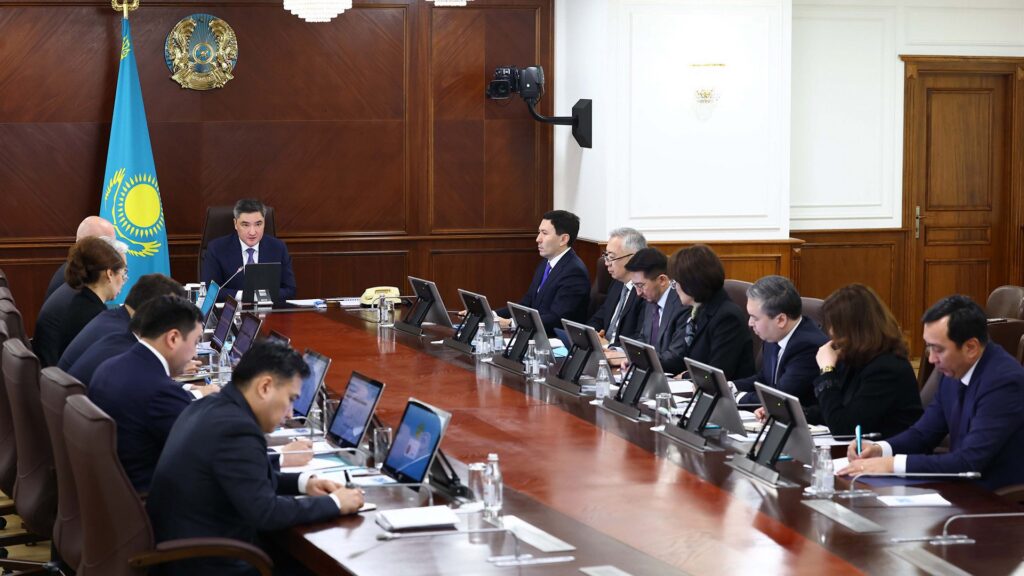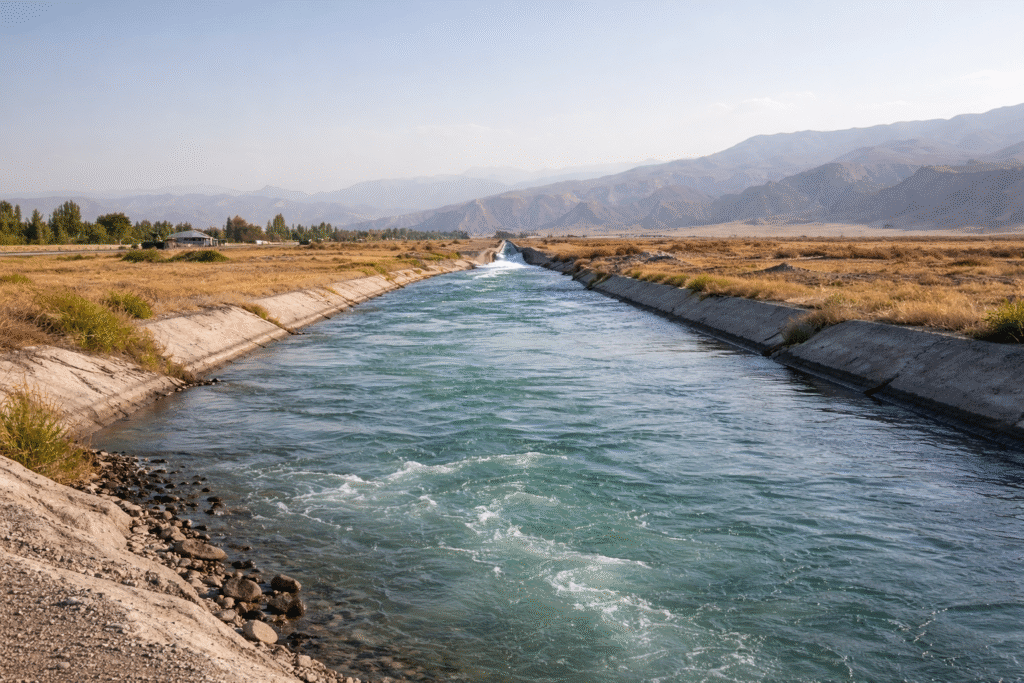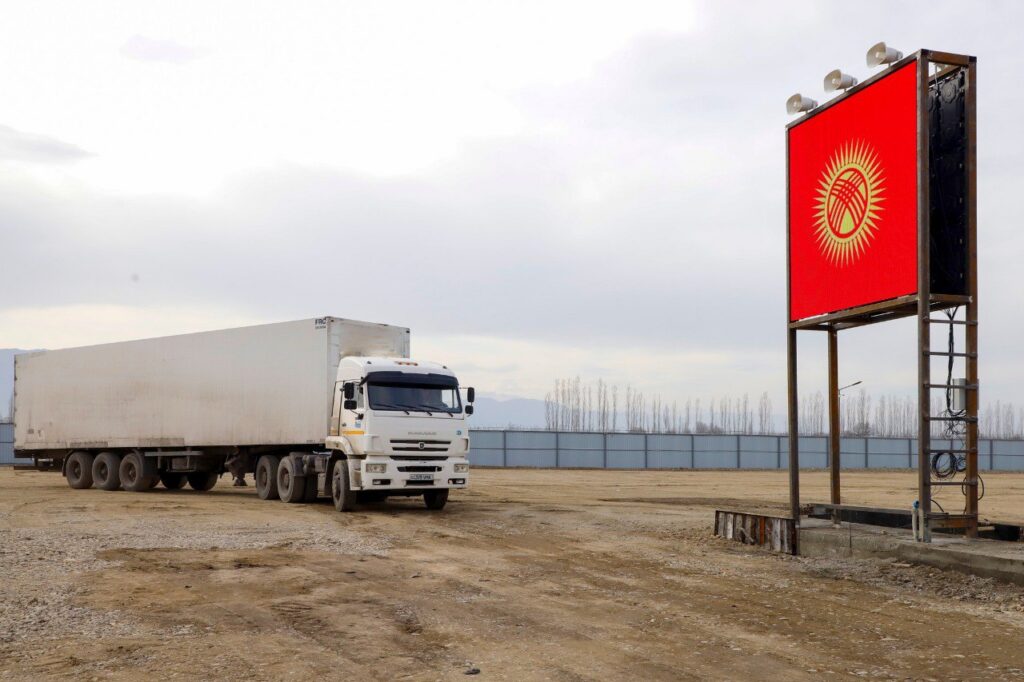ASTANA (TCA) — The World Bank Board of Directors has approved a US $5 million grant by the Global Environment Facility for providing technical support to the Government of Kazakhstan and the local insurance market to help address the effects of climate change on the national economy through the development of an advanced insurance market infrastructure, the World Bank said.
As the analysis of disaster data shows, Kazakhstan is vulnerable to natural hazards including floods, mudflows, landslides, steppe winds, and earthquakes. The climate change is expected to exacerbate hydro-meteorological disasters, adversely affecting homeowners, small and medium business (SMEs), and farmers. Agriculture plays a prominent role in the national economy and makes the country highly vulnerable to the risk of climate change. In the plains, spring floods fed by rain and snowmelt occur and mountainous regions suffer mudflows triggered by rainfall or breaches of glacial lakes. About 13% of the country’s area containing over 26% of its population is prone to mudflows. Kazakhstan also experiences devastating earthquakes which tend to occur every 80 to 100 years.
To address the impact of climate change and other natural disasters on the national economy Kazakhstan is currently introducing a national program of compulsory catastrophe insurance for homeowners and SMEs. To this effect, the World Bank is providing technical assistance to the Government on the preparation of a Law on Compulsory Catastrophe Insurance. Implemented in parallel, the Project is expected to focus on the enactment of the law by developing essential insurance market infrastructure in support of catastrophe insurance products to be offered by local insurers. The insurance products will cover the risks of flood, land slide, and earthquake. In addition, the project will support government efforts in reforming the current agricultural insurance program with the view to improving its financial sustainability, and level of penetration in the agriculture sector. New climate risk insurance products to be designed under the project will help farmers to deal with adverse effects of extreme weather events in the sector.
Over the last few years, the government fiscal space to cope with unpredicted large outlays caused by natural disasters has been severely reduced to the falling global commodity prices, and worsening economic situation in the region. For this reason, one of the basic tenets of disaster risk mitigation is the transfer of financial risk to the private insurance markets.









